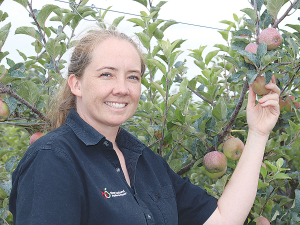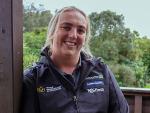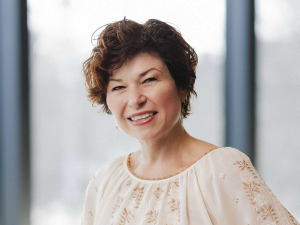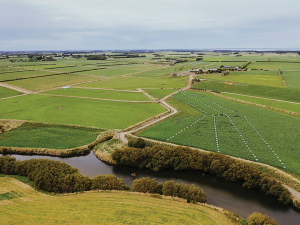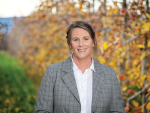Despite the terrible ravages of Cyclone Gabrielle and other adverse weather events, the 2024 apple crop in Hawke's Bay is set to one of the best crops the region has seen for a number of years.
Peter Burke reports.
The latest word from Apples and Pears NZ is that 2024’s crop will be 21.2 million boxes, known in the industry as tray carton equivalents, or 382,000 metric tonnes.
That’s up 12% on 2022 and up significantly on 2023, which saw 30% of the Hawke’s Bay and Tairāwhiti crop wiped out in a matter of hours by Cyclone Gabrielle.
NZ Apples and Pears market access manager Danielle Adsett says the growing conditions in spring and summer have been near perfect. She says the recent warm few weeks and a bit of rain has helped and made for good crop loads and clean fruit.
Adsett reckons that little bit of rain would have raised soil moisture levels and prevented some of the trees that were under stress from drying out.
“This is much better than we expected,” she says.
Adsett puts the good news about the 2024 crop down to a number of factors, including the good weather, but also the action taken by growers after Cyclone Gabrielle.
She says some orchardists sprayed their surviving trees with a plant stimulant called phos acid, which appeared to revive some of the trees that many had predicted would die or produce a poor crop. In Hawke’s Bay and Tairāwhiti it was estimated that about 2000 hectares of apples would have been at risk, but many of these have lived on and have produced good crops.
Adsett told Hort News that, following Cyclone Gabrielle, orchardists have been fine tuning their orchards.
She says this is complex because they not only have to look at a block in its entirety, but also individual areas, because some parts may be more damaged than others and they have to target these areas.
“In the past, growers were dealing with an homogenous orchard, but today there is no such thing as an homogenous orchard,” she explains. “Nothing is down to luck and growers are hardworking and masters of their own destinies.”
Adsett says despite the news about a good crop this season, it’s still tough out there for all orchardists – be they large or small operators. She says there are a number of things at play, but the main one is the huge amount of income lost last season, coupled with the loss of trees – some of them new plantings – plus the rising cost of production and the ongoing impact of Covid-19.
She says, prior to Gabrielle, the apple industry in Hawke’s Bay was absolutely booming and if there are some good years in the future the sector will bounce back.
“But for some, it will be years and others may choose to simply exit the industry.”




